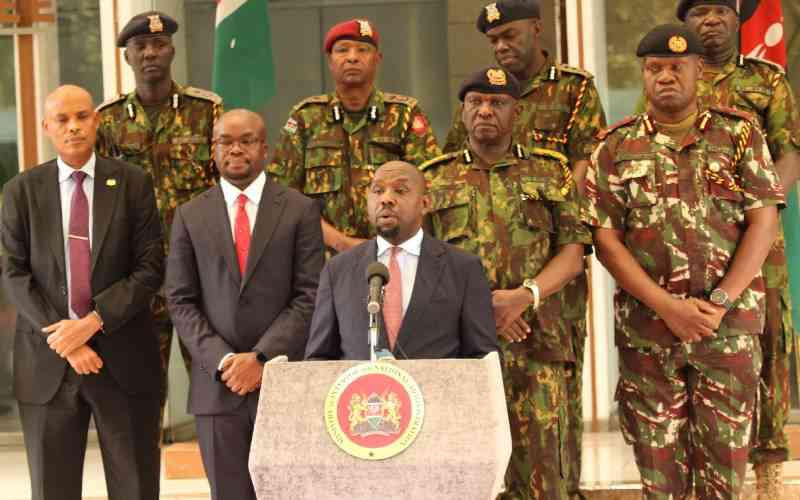Dangote Projects Africa to End All Fertilizer Imports by Early 2028 - Ecofin Agency
Africa may reach fertilizer self-sufficiency by early 2028, according to Nigerian billionaire Aliko Dangote. Speaking on June 27 at the 32nd Annual Meetings of Afreximbank in Abuja, Dangote said Africa could completely stop importing fertilizers within the next 40 months.
"In the next 40 months, Africa will not import fertiliser from anywhere. We have a very aggressive trajectory right now. We want to put Dangote to be the highest producer of urea, bigger and higher than Qatar - give me 40 months," Dangote declared.
Since 2021, Dangote has been operating a large fertilizer plant in Nigeria with an annual production capacity of 3 million tons of granular urea. The project cost $2.5 billion and has already turned Nigeria into a net exporter of nitrogen-based fertilizers, which are among the most widely used in the world. In the fourth quarter of 2021 alone, Nigeria exported 300,000 tons of urea.
According to the African Development Bank (AfDB), Africa produces about 30 million tons of mineral fertilizers annually, more than double the continent's consumption. However, the AfDB reports an annual supply gap of nearly 2 million tons.
Most large African fertilizer producers are based in North Africa and focus on phosphate fertilizers, which serve both African and international markets. Meanwhile, the bulk of fertilizer imports consist of nitrogen and potash products. Dangote’s investment marks a major step toward boosting Africa's nitrogen fertilizer production at lower costs.
His vertically integrated plant uses Nigeria's natural gas reserves as a raw material to produce hydrogen, which is essential for making ammonia, a key component in urea production.
Other companies are contributing to this effort, including Indorama Eleme Fertilizer & Chemicals Limited (IEFCL), which operates a urea plant in Rivers State with an annual production capacity of 1.4 million tons.
Dangote plans to expand his facility to surpass Qatar Fertiliser Company (QAFCO), which currently has an annual production capacity of 5.6 million tons of urea. This expansion would further strengthen Africa’s position in the global fertilizer market.
Despite these advances, experts say Africa still has a long way to go before becoming self-sufficient in potash fertilizers like potassium chloride (KCl) or muriate of potash (MOP), the world’s most widely used potash fertilizer.
Potash production remains limited across Africa. In Nigeria, KCl is the most imported and the second most consumed fertilizer, according to the 2022 edition of the West Africa Fertilizer Trade and Market Information Guide by the International Fertilizer Development Center (IFDC).
Globally, nearly 70% of potash reserves are located in the northern hemisphere, mainly in Canada, Russia, and Belarus. One of Africa’s most advanced potash projects is the Kola potash mine in Congo, being developed by Kore Potash. The project aims to produce 2.2 million tons of potash per year.
After several delays, Kore Potash now plans to start construction in January 2026, backed by a preliminary agreement with the investment fund OWI-RAMS. The financing deal, worth around $2.2 billion, matches the total estimated construction cost for the mine.











